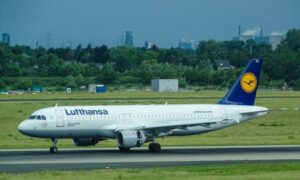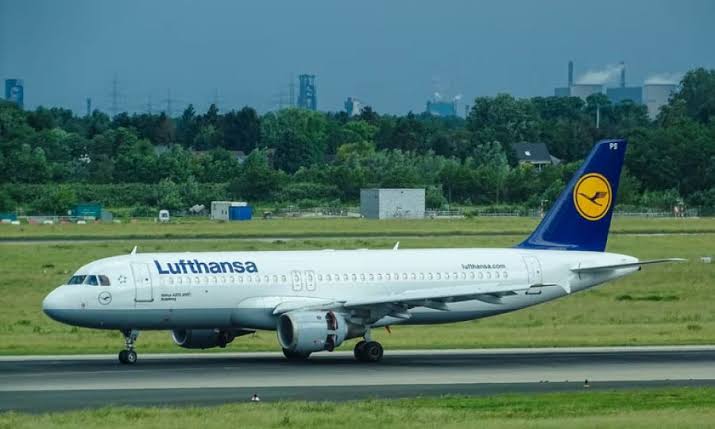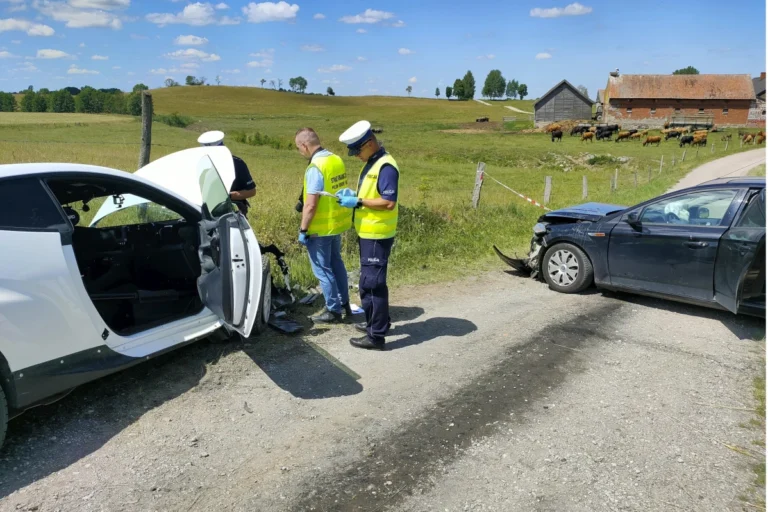Lufthansa Flight from Frankfurt to Paris Suffers Engine Failure During Takeoff
Lufthansa Flight from Frankfurt to Paris Suffers Engine Failure During Takeoff
Frankfurt, Germany – May 8, 2025 — A Lufthansa flight bound for Paris Charles de Gaulle Airport experienced an engine failure during its takeoff roll at Frankfurt Airport (FRA) on Thursday morning, prompting a swift response from emergency services and raising questions about the aircraft’s mechanical integrity.
The Incident
Flight LH1034, operated by an Airbus A320-200, was scheduled for a routine morning departure from Frankfurt at approximately 8:15 a.m. local time. According to eyewitness accounts and initial reports from airport authorities, the aircraft was accelerating down the runway when a loud bang was heard from the left engine, followed by visible sparks and smoke.
Pilots immediately aborted the takeoff, bringing the aircraft to a halt on the runway. The crew initiated standard emergency procedures while fire and rescue teams stationed at the airport were quickly deployed to the scene. Fortunately, no injuries were reported among the 146 passengers and 6 crew members on board.
Passenger Reactions
Many passengers described the moment as alarming. “We were just gaining speed when there was a sudden loud noise. The aircraft shook slightly and then came to a stop,” said Marie Dubois, a French national traveling to Paris for a business conference. “The crew handled it calmly and professionally, but for a few seconds, it was very frightening.”
Another passenger, Klaus Meier from Stuttgart, noted that the evacuation was not necessary. “We stayed on board for about 20 minutes while the pilots talked to us. Eventually, we were escorted back to the terminal by bus,” he said.
Lufthansa Statement
Lufthansa released a preliminary statement within hours of the event, confirming the engine issue and reassuring the public that safety protocols worked as intended.
> “Flight LH1034 from Frankfurt to Paris Charles de Gaulle encountered an engine issue during the takeoff roll on May 8. The crew aborted takeoff in accordance with established procedures. All passengers and crew are safe, and there were no injuries. The aircraft is currently undergoing technical inspection,” the statement read.

The airline also announced that affected passengers were rebooked on later flights, with some opting to take trains or receive full refunds.
Investigation Underway
German aviation authorities, in collaboration with Lufthansa’s technical team and Airbus, have launched a formal investigation into the incident. The engine involved is believed to be a CFM56, one of the most commonly used engines on Airbus A320 aircraft.
A spokesperson for the Federal Bureau of Aircraft Accident Investigation (BFU) confirmed that flight data and cockpit voice recorders have been secured and will be analyzed.
“This appears to be an isolated mechanical failure, but we are treating the matter with utmost seriousness. The integrity of engine components, maintenance history, and pilot response will all be part of the investigation,” the BFU said.
Flight Disruptions and Airport Response
The aborted takeoff temporarily disrupted operations at Frankfurt Airport, one of Europe’s busiest aviation hubs. Runway 18, where the incident occurred, was closed for approximately 90 minutes, leading to minor delays and diversions.
Airport authorities praised the quick reaction of fire crews, noting that no fire or fuel leak occurred. “This could have escalated, but it did not. The response from everyone involved was timely and professional,” said an airport operations officer who requested anonymity.
Aviation Experts Weigh In
While engine failures are rare, they are a known risk in commercial aviation and one for which pilots are extensively trained. Aviation analyst Julia Werner noted that the successful rejection of takeoff is a testament to the redundancy and safety mechanisms built into modern aircraft operations.
“An engine failure during takeoff is one of the most critical situations a flight crew can face, especially at high speeds. However, the fact that the crew handled it without incident and no evacuation was necessary speaks to both the professionalism of Lufthansa staff and the robustness of Airbus aircraft,” Werner said.
She also pointed out that most engine failures are due to mechanical fatigue, foreign object ingestion (such as birds or debris), or sensor malfunctions. “The investigation will likely look into the engine’s service history, last inspection, and environmental conditions at the time of departure.”
Passenger Rights and Compensation
Under EU regulation EC 261/2004, passengers affected by cancellations or major delays are entitled to compensation, alternative transport, or reimbursement. Lufthansa stated that it had begun contacting passengers individually to provide rebooking options, accommodation where needed, and additional compensation for inconvenience.
Travelers can expect up to €250 in compensation for short-haul flights like Frankfurt to Paris, depending on the circumstances and the eventual delay in arrival.
Looking Ahead
While the investigation may take weeks or even months to conclude, the airline industry has once again been reminded of the importance of rigorous maintenance standards and crew training. Lufthansa, which has long been regarded for its safety record and operational discipline, will likely scrutinize its maintenance procedures in response to this event.
The Airbus A320 involved in the incident was delivered in 2014 and last underwent a routine maintenance check in January 2025, according to fleet tracking data. Lufthansa has not grounded any other aircraft from the same fleet at this time.
Public Confidence and Industry Response
For the traveling public, incidents like these can be unsettling, even when they are handled safely. However, aviation authorities and airlines emphasize that air travel remains the safest form of transportation. According to IATA, the rate of accidents involving commercial jets is less than one per million flights.
The European Aviation Safety Agency (EASA) also issued a brief statement, saying it is monitoring the situation and will support the German investigation if needed.
Conclusion
Although Thursday morning’s engine failure on Lufthansa Flight LH1034 caused alarm and disrupted travel plans, it ended without injury—a tribute to well-trained crews, well-maintained aircraft, and efficient emergency response. As investigations continue, Lufthansa and aviation authorities will work to determine the cause and ensure continued safety for all travelers.
Passengers affected by the incident can contact Lufthansa’s customer service or visit the airline’s website for updates and assistance.





